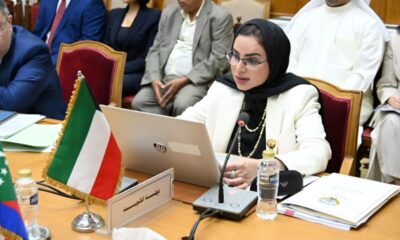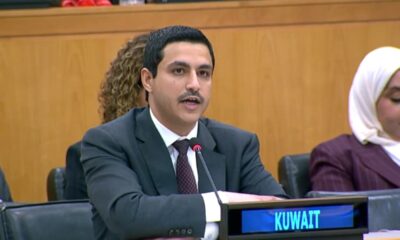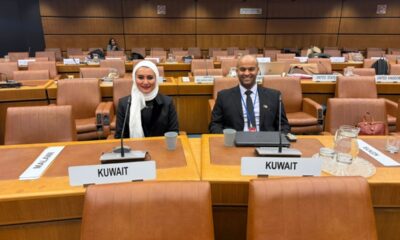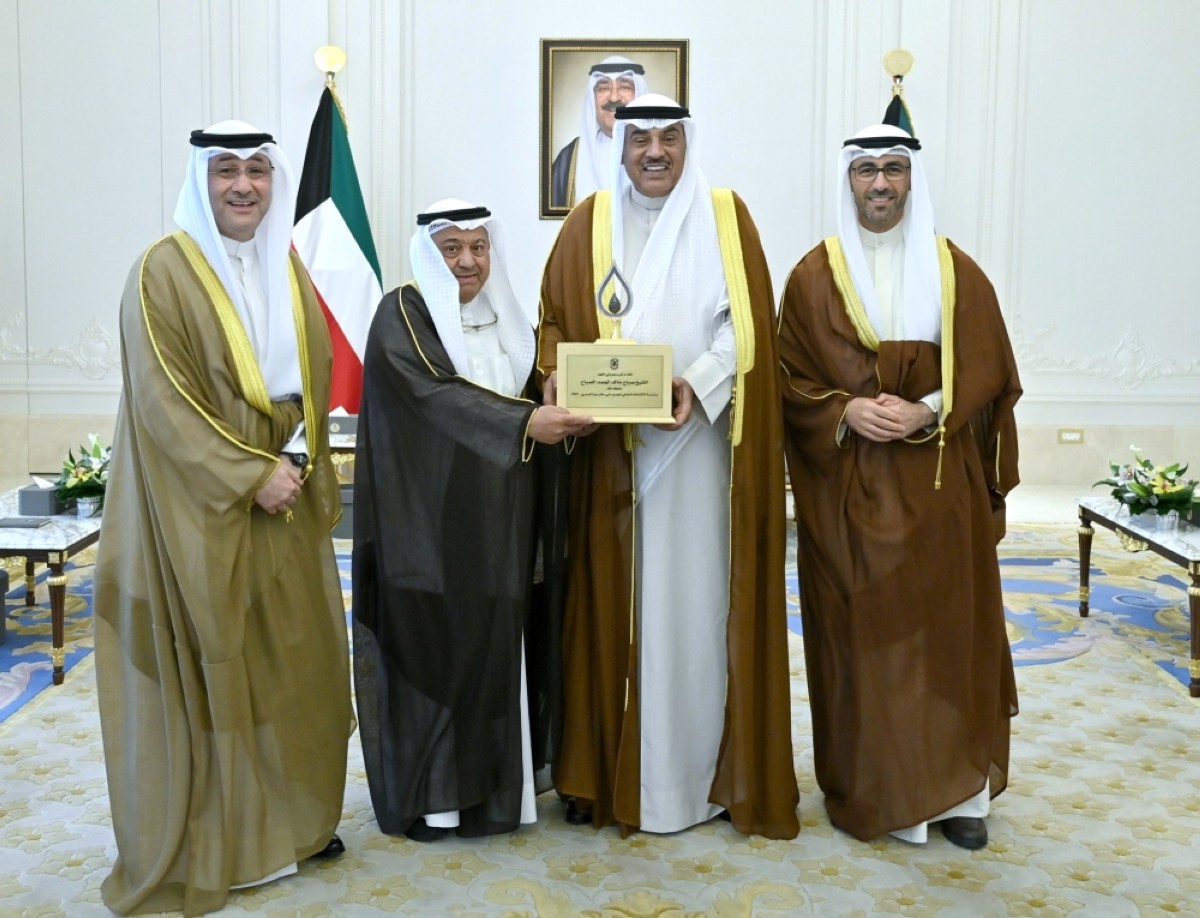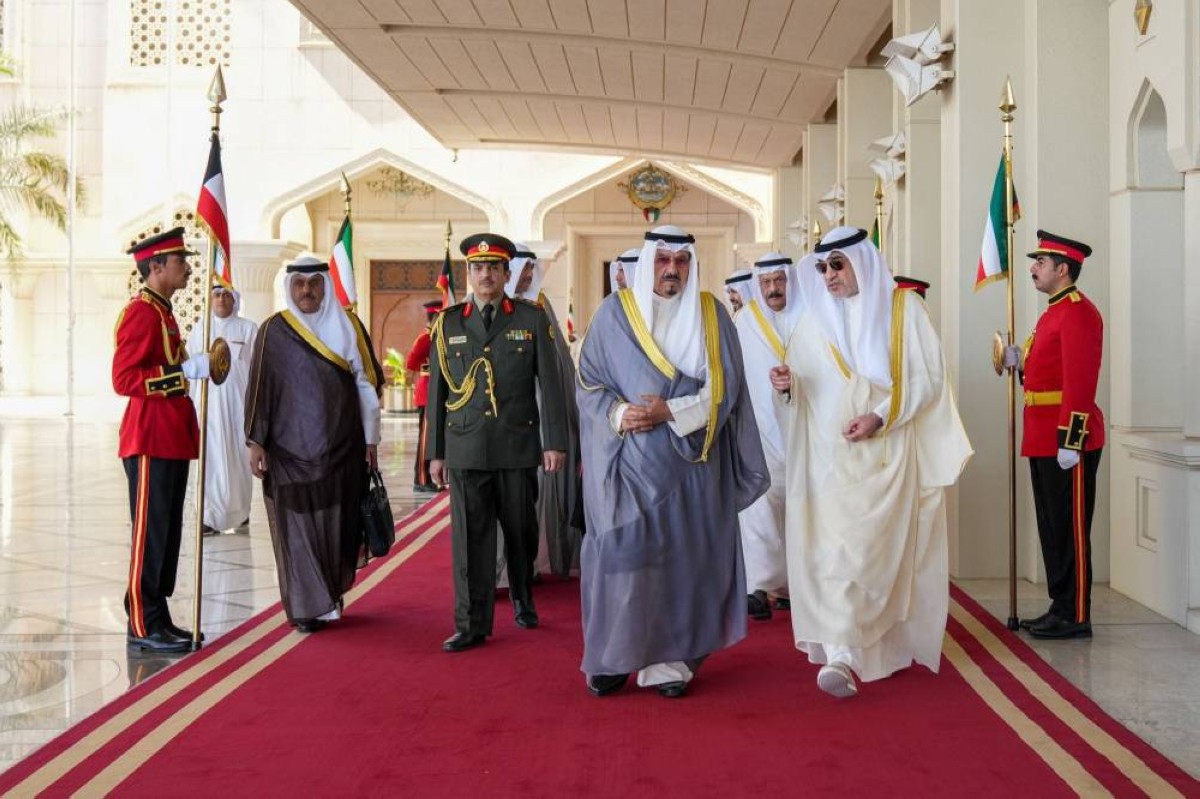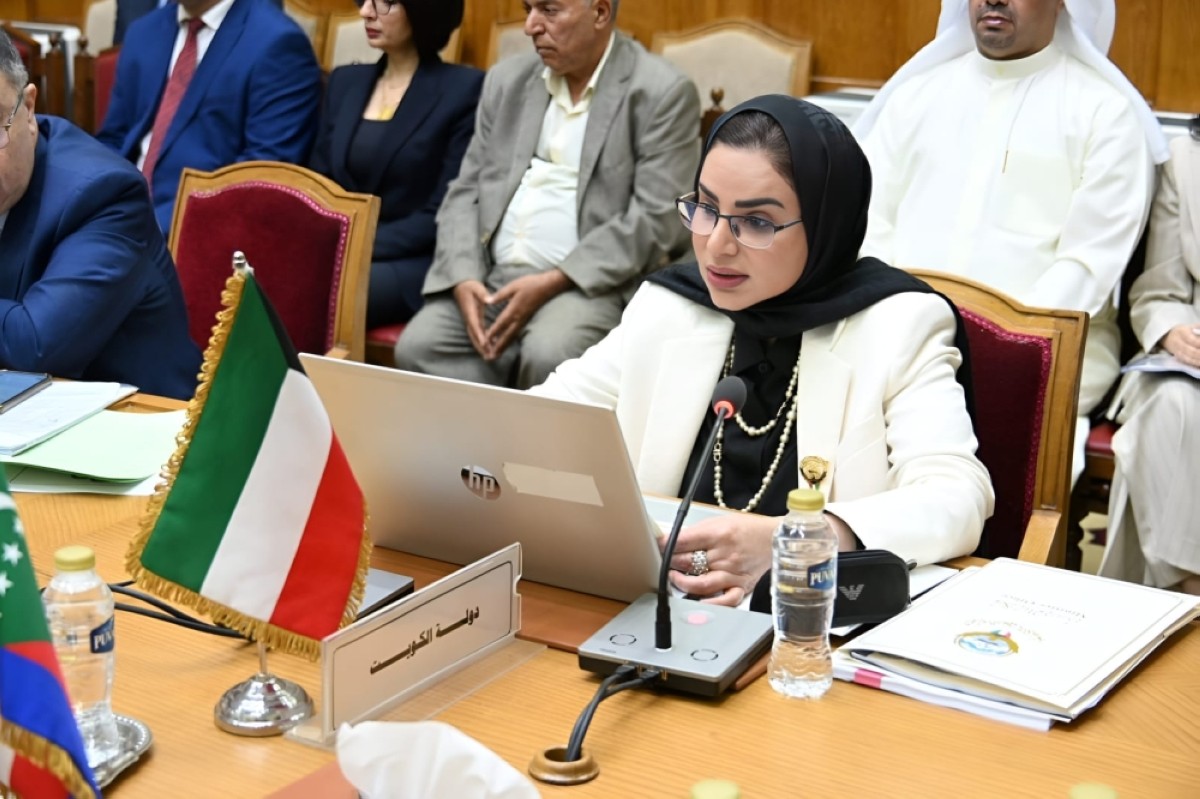KUWAIT: Kuwait on Saturday reaffirmed its support for international efforts to promote a culture of tolerance and coexistence among nations. In a statement marking the International Day to Combat Islamophobia, the Ministry of Foreign Affairs underscored Kuwait’s commitment to countering all forms of discrimination and extremism against Muslims. The ministry also stressed the importance of fostering dialogue, strengthening peaceful coexistence among diverse religious and cultural communities and promoting mutual respect to ensure global security and stability.
Meanwhile, the Arab League’s Secretariat announced plans to hold an international conference on combating Islamophobia on July 8 in Cairo, in collaboration with the Islamic World Educational, Scientific and Cultural Organization (ICESCO). The League’s statement, issued on the International Day to Combat Islamophobia, emphasized the need to address the growing phenomenon of hate speech and discrimination against Muslims, which has been exacerbated by global crises and conflicts, further deepening religious and cultural divisions.
The upcoming conference aims to highlight the challenges posed by Islamophobia, explore mechanisms to counter it, and advance the values of mutual respect among followers of different faiths. The Arab League noted that comprehensive strategies are required to combat this phenomenon, including educational and media initiatives that emphasize the importance of dialogue and non-discrimination. The conference will also support initiatives that encourage interfaith dialogue and foster stronger ties among diverse communities.
Assistant Secretary-General and Head of the Social Affairs Sector at the Arab League, Ambassador Haifa Abu Ghazaleh, underscored that Islam is a religion of peace, justice, and tolerance. She called for enhanced international cooperation to correct misconceptions and stereotypes about Islam and its followers.
Rising Islamophobia
United Nations Secretary-General Antonio Guterres warned of the alarming rise of Islamophobia, calling for a renewed commitment to equality, human rights, and inclusive societies where individuals can live in peace regardless of their religious beliefs. Speaking at a UN General Assembly meeting on Friday to mark the International Day to Combat Islamophobia, Guterres noted that the holy month of Ramadan has begun amid increasing fears of discrimination, marginalization, and even violence against Muslims.
He described Islamophobia as part of a broader pattern of intolerance and discriminatory policies that violate human rights and dignity. “Whenever one group is attacked, the rights and freedoms of all groups are threatened,” Guterres said, urging governments to promote social cohesion and safeguard religious freedom while combating intolerance, xenophobia and discrimination.
Speaking on behalf of the Arab Group, Jordan’s Permanent Representative to the UN, Ambassador Mahmoud Al-Hamoud, emphasized the significance of the meeting in advancing international efforts to counter rising hatred and discrimination against Muslims. He reiterated the Arab Group’s commitment to upholding the principles of religious respect, tolerance, and peaceful coexistence. Al-Hamoud also expressed deep concern over the surge in hate speech, incitement to violence, and discrimination against Muslims, particularly on social media platforms.
He stressed that freedom of expression should not be exploited to spread intolerance or fuel discord. The Arab Group called for intensified efforts to monitor and regulate media and digital content in collaboration with social media companies, advocating for a code of conduct to curb incitement to hatred. Additionally, Al-Hamoud urged the establishment of an international legal framework to combat Islamophobia and implement accountability measures for hate crimes, ensuring justice and support for victims.
The Arab Group also expressed its support for the appointment of Miguel Martinez as the United Nations Special Envoy to Combat Islamophobia, a move that would facilitate coordinated global action against this growing concern. It is noteworthy that in 2022, the UN General Assembly designated March 15 as the International Day to Combat Islamophobia. On this occasion last year, the Assembly adopted a resolution condemning all forms of religious hatred and incitement to discrimination, hostility, or violence against Muslims. The resolution was introduced in response to a rise in incidents such as the desecration of the Holy Quran and attacks on mosques and Islamic sites worldwide. — KUNA


 Latest News23 hours ago
Latest News23 hours ago
 Politics16 hours ago
Politics16 hours ago
 Latest News15 hours ago
Latest News15 hours ago
 Latest News17 hours ago
Latest News17 hours ago
 Politics7 hours ago
Politics7 hours ago
 Business7 hours ago
Business7 hours ago
 Latest News7 hours ago
Latest News7 hours ago
 Politics6 hours ago
Politics6 hours ago
